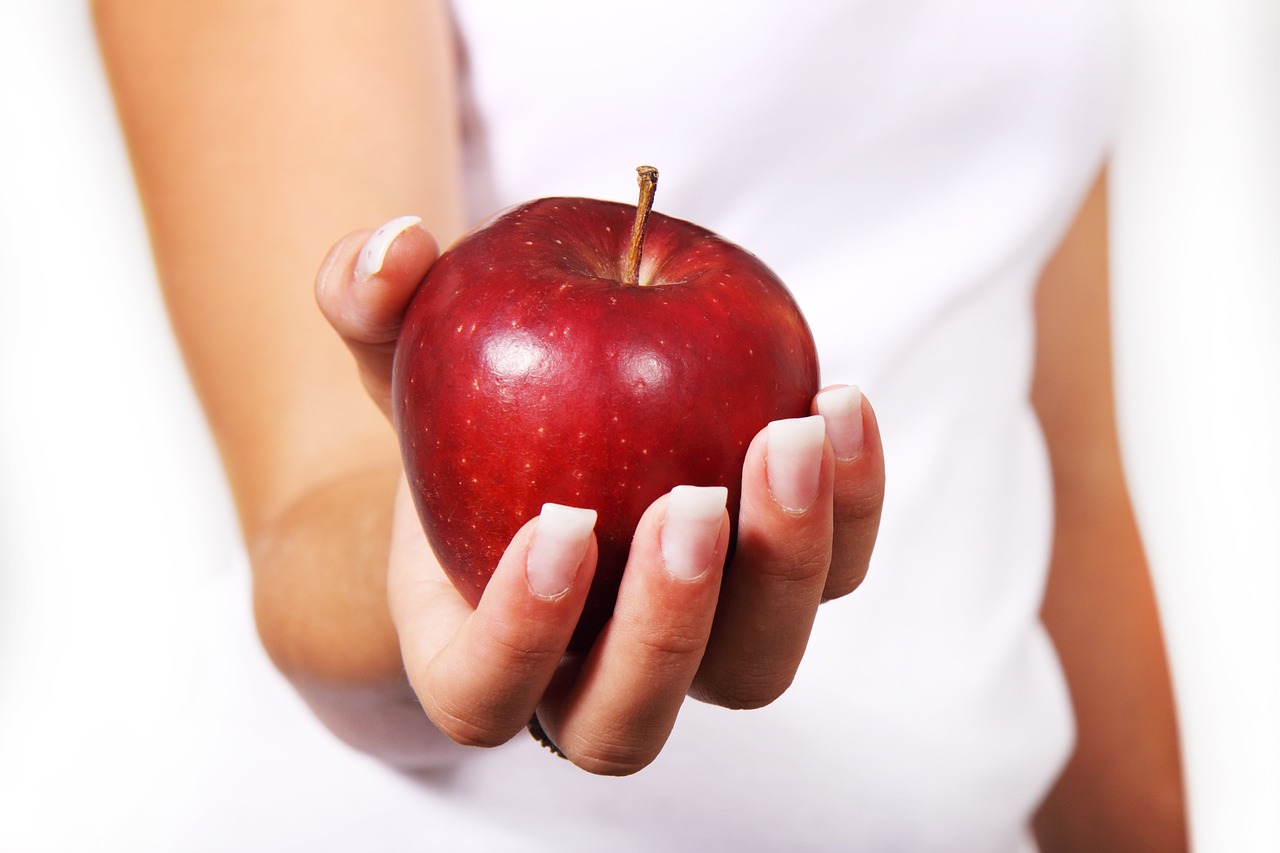
As athletes, we push our bodies to the limit to achieve our goals. We train hard, we sweat, we push through the pain, and we strive to be the best. But what about our nutrition? Are we fueling our bodies properly to support our intense physical activity? Nutritional deficiencies can have a detrimental effect on athletic performance, leading to fatigue, muscle weakness, and even injury. In this article, we will explore the importance of proper nutrition for athletes and how to avoid nutritional deficiencies to optimize our performance.
1. Powering Up: The Importance of Proper Nutrition for Athletes
Proper nutrition is crucial for athletes to perform at their best. The food an athlete eats provides the energy and nutrients needed to power their muscles, repair tissue damage, and maintain a healthy immune system. Without proper nutrition, an athlete’s performance can suffer, and they may be more prone to injuries and illnesses.
It’s important for athletes to consume a balanced diet that includes carbohydrates, protein, healthy fats, vitamins, and minerals. Carbohydrates are the primary source of fuel for the body, providing energy for high-intensity activities like sprinting and jumping. Protein is essential for repairing and building muscle tissue, while healthy fats help regulate hormone production and support brain function. Vitamins and minerals are necessary for overall health and immune function.
- Carbohydrates: Whole grains, fruits, vegetables, and legumes are excellent sources of carbohydrates for athletes.
- Protein: Lean meats, fish, eggs, dairy, and plant-based sources like beans and nuts are good sources of protein.
- Healthy Fats: Avocado, nuts, seeds, olive oil, and fatty fish like salmon are great sources of healthy fats.
- Vitamins and Minerals: A variety of fruits and vegetables, whole grains, and dairy products provide essential vitamins and minerals.
Athletes should also pay attention to their hydration levels, as dehydration can negatively impact performance. Drinking enough water and electrolyte-rich fluids like sports drinks can help maintain proper hydration.
In summary, proper nutrition is essential for athletes to perform at their best. A balanced diet that includes carbohydrates, protein, healthy fats, vitamins, and minerals can provide the energy and nutrients needed to power muscles, repair tissue damage, and maintain a healthy immune system. Athletes should also stay hydrated to avoid dehydration and its negative impacts on performance.
2. The Risks of Nutritional Deficiencies in Athletes: What You Need to Know
As an athlete, it’s essential to maintain a balanced and nutritious diet to keep your body functioning at its best. However, nutritional deficiencies can occur, leading to various health risks. Here are some of the risks of nutritional deficiencies in athletes:
- Decreased Performance: Nutritional deficiencies can lead to decreased energy levels, which can affect your overall performance. For example, a deficiency in iron can cause fatigue and decreased endurance.
- Injuries: Nutritional deficiencies can also increase the risk of injuries. For example, a deficiency in vitamin D can lead to weaker bones, making you more susceptible to fractures.
- Delayed Recovery: Nutritional deficiencies can also slow down the recovery process after an injury or intense workout. For example, a deficiency in protein can delay muscle recovery and growth.
To avoid these risks, it’s crucial to ensure that you’re consuming a balanced and nutritious diet that meets your body’s needs. Consult with a registered dietitian to create a personalized meal plan that meets your specific nutritional requirements. Additionally, consider taking supplements if you’re unable to get enough nutrients from your diet alone. Remember, proper nutrition is essential for optimal athletic performance and overall health.
3. Fueling Your Performance: Tips and Strategies for Avoiding Nutritional Deficiencies
Maintaining a balanced diet is essential to fuel your performance as an athlete. Nutritional deficiencies can have a significant impact on your overall health and athletic performance. Here are some tips and strategies to avoid nutritional deficiencies.
1. Focus on nutrient-dense foods: Incorporate nutrient-dense foods such as fruits, vegetables, whole grains, lean proteins, and healthy fats into your diet. These foods provide essential vitamins and minerals that are crucial for optimal health and athletic performance.
2. Stay hydrated: Adequate hydration is essential for optimal athletic performance. Dehydration can lead to fatigue, cramping, and decreased performance. Ensure that you drink enough water throughout the day and during exercise.
3. Monitor your micronutrient intake: Micronutrients such as iron, calcium, and vitamin D are essential for optimal health and athletic performance. Ensure that you are getting enough of these micronutrients through your diet or supplements.
4. Avoid processed foods: Processed foods are often high in calories, unhealthy fats, and added sugars. These foods provide little nutritional value and can lead to nutritional deficiencies. Focus on whole, unprocessed foods instead.
5. Consult a registered dietitian: A registered dietitian can help you develop a personalized nutrition plan to meet your specific needs and goals. They can also help identify and address any nutritional deficiencies you may have.
By following these tips and strategies, you can avoid nutritional deficiencies and fuel your performance as an athlete. Remember to prioritize nutrient-dense foods, stay hydrated, monitor your micronutrient intake, avoid processed foods, and consult a registered dietitian for personalized advice. In conclusion, proper nutrition is a crucial component of an athlete’s performance. By fueling your body with the right nutrients, you can avoid nutritional deficiencies that can hinder your progress and potentially lead to injury. Remember to focus on a well-balanced diet, stay hydrated, and consider consulting a registered dietitian to ensure you are meeting your individual nutritional needs. With the right fuel, you can achieve your athletic goals and reach your full potential.
